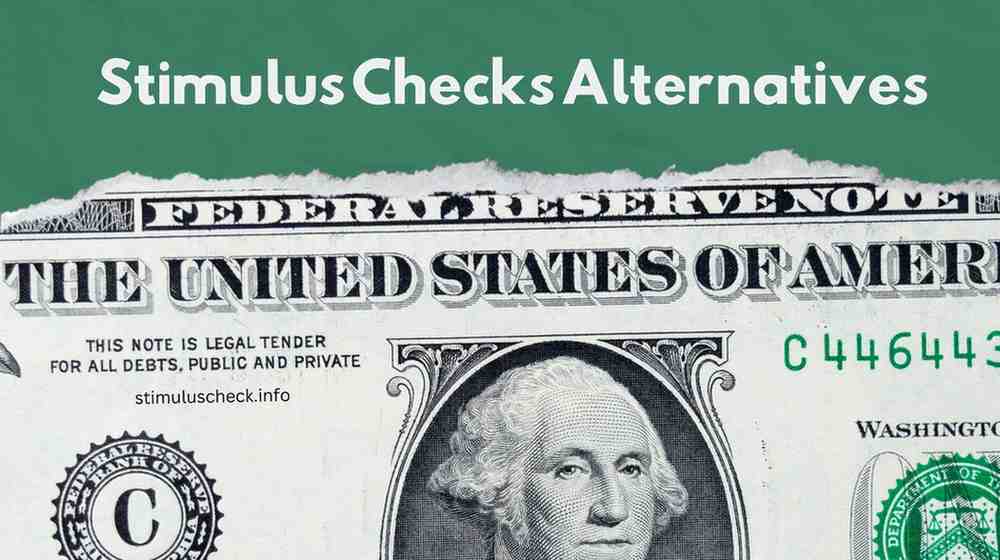Stimulus checks can be helpful for middle-class people, but they aren’t a perfect solution. Here’s a breakdown of the pros and cons:

Pros:
- Financial Relief: Provides a one-time cash injection that can help cover essential expenses, reduce debt, or save for emergencies.
- Boosts Economy: When middle-class people spend their stimulus checks, it increases consumer spending, which can benefit businesses and create jobs.
- Targeted Programs: Some stimulus programs target specific income brackets, ensuring middle-class families receive the most help.
Cons:
- Temporary Fix: Stimulus checks offer short-term relief, not a long-term solution to economic hardship.
- Inflation: An influx of cash can contribute to inflation, which could erode the value of the check.
- Inequity: Stimulus checks may not be enough for low-income families who struggle more, and some middle-class families may not need them as urgently.
Alternatives to Stimulus Checks:
- Tax Cuts: Reducing taxes for middle-class earners can provide a more consistent source of income.
- Increased Wages: Policies that encourage higher wages for middle-class jobs can offer a more sustainable solution.
- Strengthening Social Programs: Programs like affordable healthcare and childcare can significantly reduce financial burdens on middle-class families.
Absolutely, my friend! If someone’s going through a tough time financially, there are some resources and support out there. Here’s a quick guide:
1. Food Assistance:
- Check out local food banks or community pantries for free groceries.
- Explore government programs like SNAP (Supplemental Nutrition Assistance Program).
2. Financial Counseling:
- Look for non-profit organizations offering free financial counseling.
- Contact your local community center for advice on budgeting and managing money.
3. Housing Support:
- Check with local shelters or housing assistance programs for temporary help.
- Look into rent assistance programs that might be available in your area.
4. Healthcare Assistance:
- Explore options for low-cost or free medical clinics in your community.
- Check if you qualify for Medicaid or other state-specific healthcare programs.
5. Employment Resources:
- Visit local job centers or employment agencies for job search assistance.
- Look into online platforms for remote job opportunities.
6. Utility Bill Assistance:
- Inquire about utility assistance programs that may help with electricity or heating bills.
- Some organizations offer financial aid specifically for utility expenses.
7. Community Support:
- Connect with local community groups or churches that provide assistance.
- Seek out mutual aid networks for support from your neighbors.
8. Government Assistance Programs:
- Check eligibility for welfare programs and other government assistance.
- Look into programs like WIC (Women, Infants, and Children) for additional support.
9. Educational Resources:
- Explore online platforms offering free courses to enhance skills.
- Look for scholarships or grants to support education and career development.
10. Mental Health Resources:
- Seek out mental health services offered by community health centers.
- Some organizations provide counseling services on a sliding scale based on income.